
This year’s 2021 ‘we’re talking health’ research talks will once again showcase health researchers from Canterbury and their work. Our theme this year is ‘starting well, living well and ageing well, with a range of interesting talks from across the age spectrum. It’s an excellent line-up of speakers and topics, and we hope you can join us (in-person or online).
Date: Thursday 4 November
Time: 5.30pm-7.30pm
Venue: Manawa Foyer, 276 St Antigua Street, Christchurch OR online
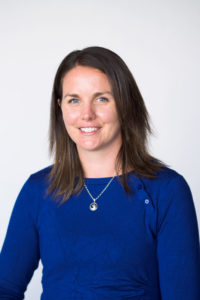
A safe harbour: women who use water immersion for labour and birth with a complex pregnancy
Kelly Kara
Midwifery Lecturer, Department of Nursing, Midwifery and Allied Health, Ara Institute of Canterbury
Water immersion in complex pregnancy generally sits outside practice recommendations and guidelines. Women who negotiate this choice have identified that it supports them to birth with a sense of safety, peace and from a place of power. For the women in Kelly’s research, they have also identified that this improved how they felt bonding with their baby and moving forward into their early parenting journey.
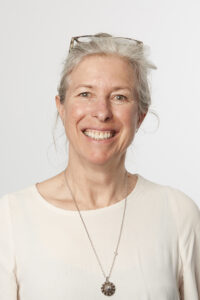
Ironing out the details: what Popeye didn’t tell you about eating spinach
Esther Caljé
Senior Midwife and PhD student, Canterbury District Health Board
In her research on postpartum anaemia, Esther has discovered important health messages for all on how to prevent iron-deficiency anaemia. Find out why iron is really important for everyone especially infants, pre-school children, and pregnant women; how anaemia flies under the radar; and hot tips for improving iron intake in your diet.
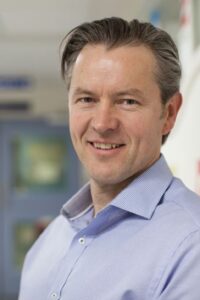
Not just little adults: changing the way we treat infections in children
Dr Tony Walls
Associate Professor, Department of Paediatrics, University of Otago & Paediatric Infectious Disease Specialist, Canterbury District Health Board
Six weeks of intravenous antibiotics has been the standard of care for adults with bone and joint infections. Young children are different, and they generally need far less than this. Tony’s talk will outline the wide variety of clinical practice across Australia and NZ and how research led from Christchurch is working towards dramatically reducing the length of time children spend in hospitals.
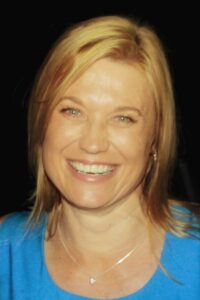
Love Sex and Porn: Parenting and sexuality education in the digital age
Tracy Clelland
Lecturer in Health Education, School of Health Sciences, University of Canterbury
Supporting young people to navigate the joy and complexity of sexuality in the digital age is challenging for many parents. However, young people are calling for more education around sexuality, including discussions about relationships, love, consent, gender, and pornography. Tracy’s research explores how rethinking the parental role in sexuality education can better prepare young people for navigating a range of relationships across the lifespan. Tracy will discuss parental engagement in sexuality education and identify strategies that support young people to live ‘well’ in a changing world.
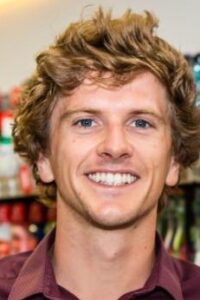
Obe-city: does where you live affect the weight you gain?
Dr Matthew Hobbs
Senior Lecturer in Public Health, School of Health Sciences & Senior Research Fellow, GeoHealth Laboratory, University of Canterbury
Matt’s research interest is in how the environments we live in shape our health behaviours and health outcomes such as obesity. Matt will discuss how changes in our food environment, such as increases in the availability of fast-food outlets may relate to weight gain and what this means for trying to create healthier places in the future.
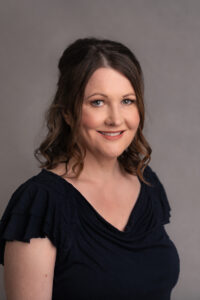
It’s getting hot in here… Perimenopause: a user’s guide
Dr Geri McLeod
Senior Research Fellow, Christchurch Health and Development Study, University of Otago
All women who reach middle age will experience their own unique transition to menopause, known as perimenopause. However, many women feel that they do not have an understanding of what is happening to their bodies or the support they need during this time. The aim of Geri’s talk is to raise awareness and understanding of the menopause transition and give an overview of what to expect. Geri is the lead researcher on the reproductive health and the transition to menopause among the female cohort members of the Christchurch Health and Development Study, a birth cohort of 1265 individuals (630 females) born in Christchurch in 1977.
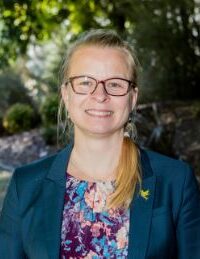
Could the time you spend at work be good for your health and wellbeing?
Professor Katharina Naswall
School of Psychology, Speech and Hearing, University of Canterbury
Work takes up a large part of life for many, and can affect our health and how we feel. If our work was a source of positive experiences and supportive of health and wellbeing, work would have the potential to improve lives well outside the scope of the regular working day. Katharina’s vision is to improve societal health and wellbeing by making workplaces a positive part of people’s lives. Katharina’s talk outlines research she has been pursuing to work towards this vision, and a few ideas for future research.
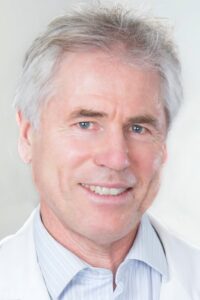
Parkinson’s and the battle within
Professor Tim Anderson
Department of Medicine, University of Otago & the New Zealand Brain Research Institute (NZBRI)
Parkinson’s disease is the fastest growing neurological disorder. Previously considered to affect only movement, it is now appreciated that there are a myriad of symptoms that patients live and battle with. Prof Tim Anderson will share some research insights that highlight just some of these problems.
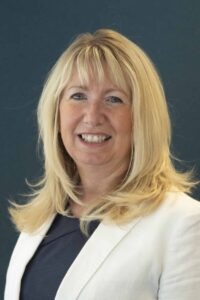
Pae Ora: The Opportunity to Reframe Active Living and Healthy Ageing
Jacqui Lunday-Johnstone
Executive Director Allied Health, Canterbury District Health Board
Do you believe you will age well? People are living longer but, at the same time, life expectancy has increased at a faster pace than healthy life expectancy which means we are spending more years in poor health. New Zealand has the inglorious accolade of having the highest number of years lived in poor health for both men and women across the world’s highest income countries. In this talk we will discover ways to proactively address Active Living and Healthy Ageing leading to more years spent in good health. Frailty is not inevitable, but it is predictable.
